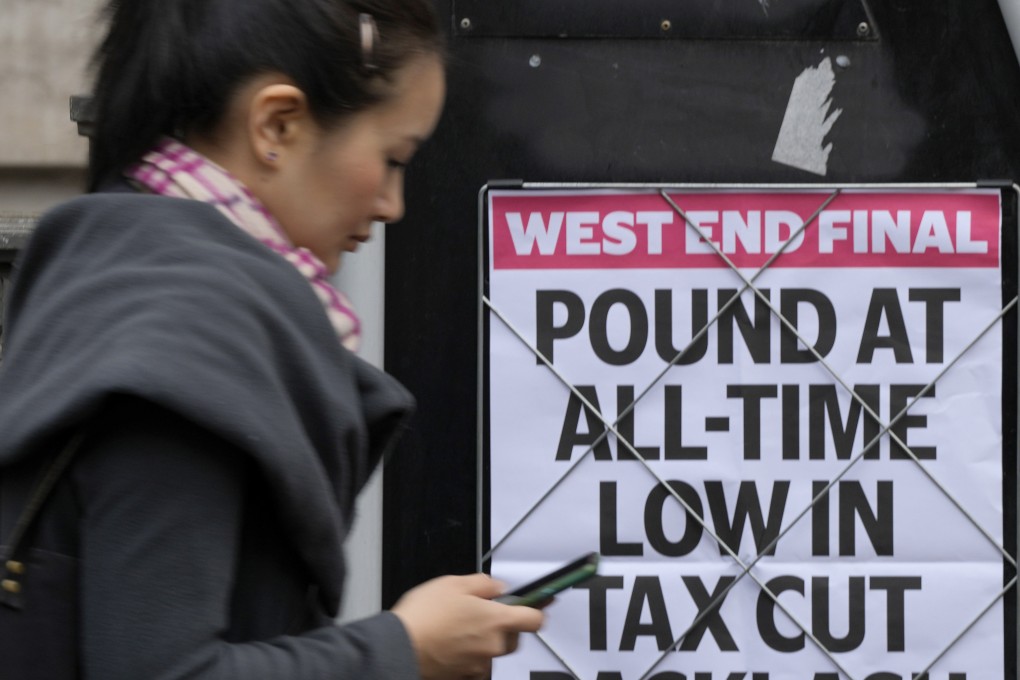Macroscope | UK turmoil shows how market stress can amplify policy errors
- Amid global uncertainty, deteriorating market liquidity could pose risks and amplify shocks, as in the case of the UK mini-budget, which sparked a gilt sell-off and pound plunge
- The war in Ukraine is the primary source of uncertainty but developments such as the US tech war on China could add pressure and financial market volatility

It should be said, the architecture of the global financial system has been reinforced since the 2008 global financial crisis. With banks reducing their risk exposure and a stronger capital base acting as shock absorbers, central bankers have more tools to ensure financial stability. The US Federal Reserve was quick to introduce various funding facilities in March 2020 when the start of the pandemic led to an increase in bond market volatility.
Still, just because we have seat belts and airbags does not mean we can drive recklessly. Shocks and their agents of transmission often come from areas few anticipate. A good illustration is the recent market turbulence in Britain.
The country’s financial stress began with the newly installed government announcing a series of fiscal measures to boost its long-term economic growth. But it was unclear how the tax cuts could be funded. This mini-budget had also not been independently assessed by the Office for Budget Responsibility, which further undermined its credibility.

